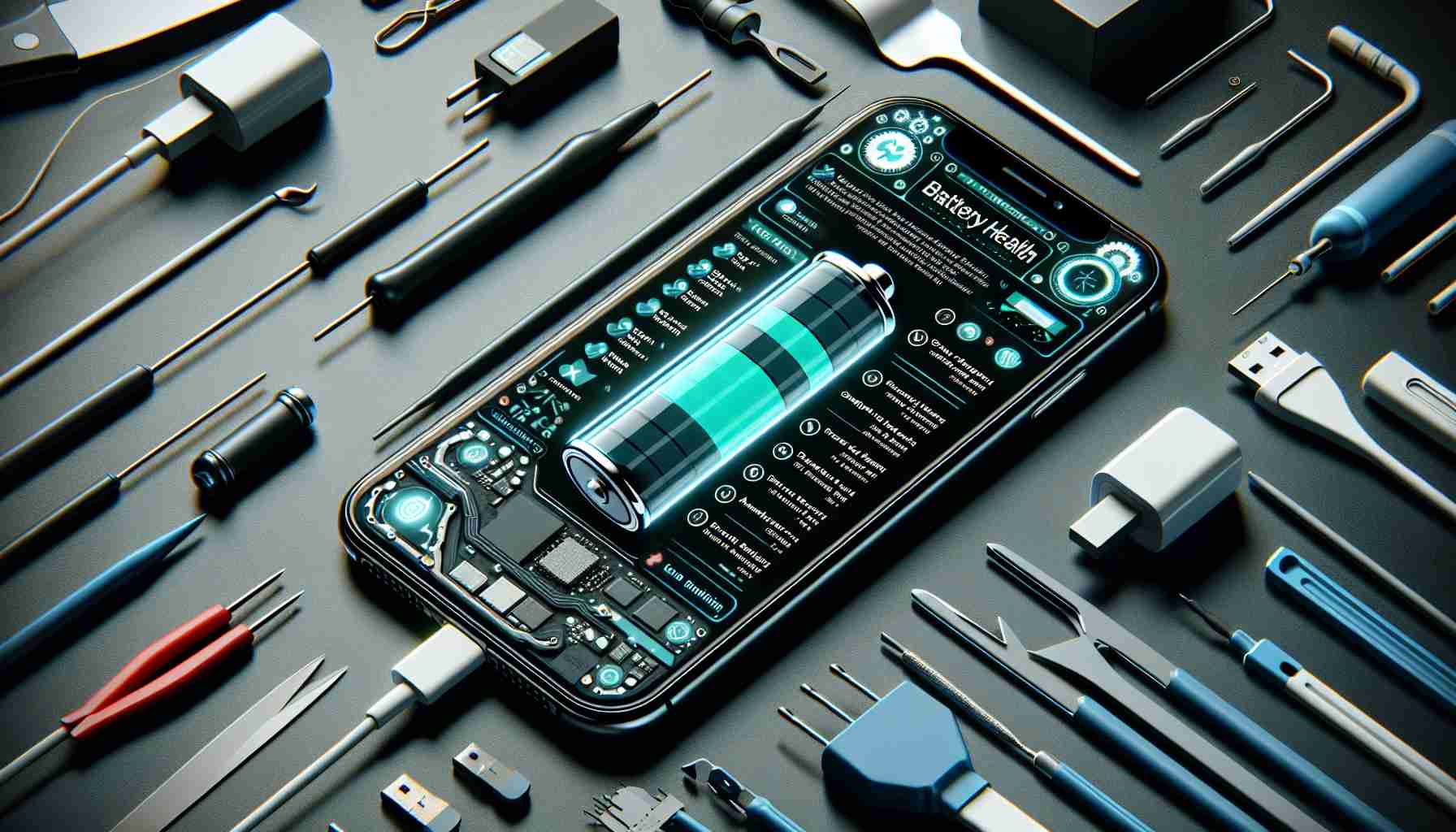Optimizing iPhone Battery Charging
When charging your iPhone, it is crucial to pay attention to how long you keep it plugged in. Allowing your phone to charge past 80% can potentially degrade the battery over time. Instead of charging your device to full capacity every time, consider utilizing the Optimized Battery Charging feature. This feature, introduced in iOS 13, prevents your iPhone from charging to 100% immediately, thus protecting the battery from overcharging.
Maximizing Battery Lifespan
To ensure your iPhone’s battery lasts longer, it is advisable to avoid charging it overnight or letting it drain completely. By implementing optimized charging practices, where the phone charges up to 80% before stopping and then completing the charging cycle closer to when you typically wake up, you can extend the overall lifespan of the battery. This method reduces strain on the battery and minimizes the risk of premature aging.
Battery Health Optimization
By adjusting the settings on your iPhone to include Battery Health Optimization, you can actively contribute to preserving the battery’s lifespan. This feature customizes the charging routine based on your usage patterns, allowing the device to adapt and charge optimally. Ultimately, this approach helps maintain battery health and ensures your iPhone remains functional for an extended period.
Thus, by being mindful of your charging habits and incorporating the right strategies, you can effectively enhance the longevity and efficiency of your iPhone’s battery.
Enhancing iPhone Battery Health
Maintaining the health of your iPhone battery is essential for the optimal performance of your device. While the previous article touched on key strategies such as optimizing charging and maximizing battery lifespan, there are additional factors to consider to ensure your iPhone’s battery remains in top condition.
Exploring Further:
1. How does temperature affect battery health?
Temperature plays a crucial role in the longevity of your iPhone battery. Exposure to extreme heat or cold can degrade the battery capacity over time. It is important to avoid leaving your iPhone in direct sunlight or in freezing temperatures for prolonged periods.
2. Is it beneficial to calibrate your iPhone battery?
Calibrating your iPhone battery involves fully charging it and then letting it drain completely to recalibrate the battery percentage indicator. This process can help improve the accuracy of battery percentage readings and ensure your device operates efficiently.
3. What are the implications of fast charging on battery health?
While fast charging can be convenient, frequent use of this feature may impact the long-term health of your iPhone battery. Fast charging generates more heat, which can contribute to battery degradation over time. It is advisable to use fast charging sparingly to preserve battery lifespan.
Advantages and Disadvantages:
When it comes to maintaining iPhone battery health, there are clear advantages such as prolonging battery lifespan, ensuring consistent performance, and reducing the risk of unexpected shutdowns. However, it may require extra attention and diligence to adhere to optimal charging practices, which could be seen as a disadvantage for some users.
Key Challenges:
One of the challenges associated with maintaining iPhone battery health is balancing the convenience of charging routines with the need to preserve battery longevity. Users may struggle to find the right balance between charging practices that maximize battery lifespan and their daily usage patterns.
In conclusion, taking proactive steps to enhance iPhone battery health is crucial for ensuring the long-term functionality of your device. By understanding the impact of various factors on battery lifespan and implementing effective strategies, you can enjoy reliable performance from your iPhone for years to come.
For more information on maximizing iPhone battery health, visit Apple.

















